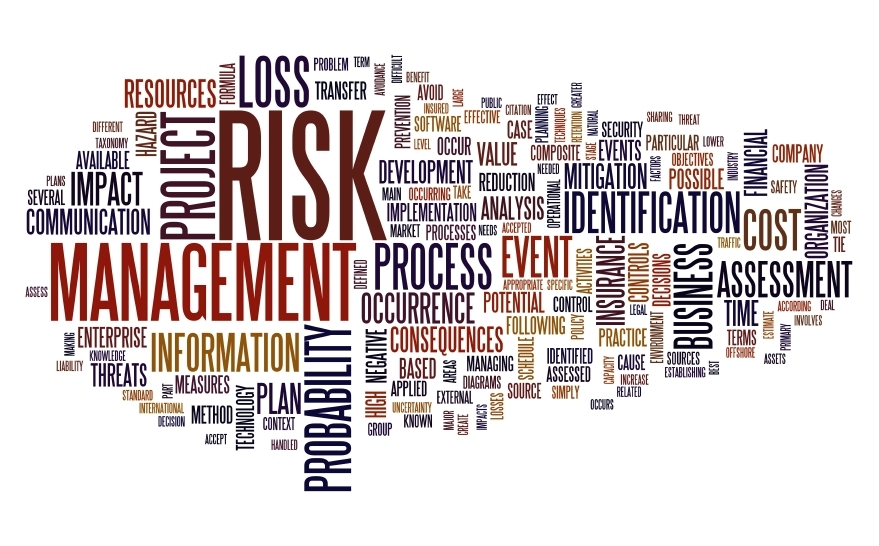- Argentina – the debt options are diminishing;
 Kyrgyzstan – a USD 500-million lure from Russia;
Kyrgyzstan – a USD 500-million lure from Russia;- Mexico – economic growth is picking up;
- Netherlands – the hardest-hit EU member under Russian sanctions;
- Slovenia – a new Finance Minister facing difficult challenges.
BRAZIL: The accident that killed presidential candidate Campos has thrown the run-up to the October elections into disarray, upsetting the carefully negotiated web of political alliances. As economic reports continue to disappoint, the regime is now turning on any messenger bringing bad news.
CHINA: There is more to the anti-monopoly campaign than meets the eye. The same can be said about the anti-graft campaign. The outlook for the economy remains uncertain, but the odds still favor a growth rate this year that will match official goals.
FINLAND: The economy remains mired in recession and the sanctions by and against Russia are hitting harder than among other members of the EU. Economic growth may start picking up next year, but this is still iffy. There are also doubts about whether the government can survive until elections normally scheduled for next April.
GEORGIA: The charges filed against ex-President Saakashvili are bad policy at a bad time. While NATO will not offer a step toward membership, Tbilisi has signed an Association Agreement with the EU. The economy is proving to be resilient, but is not without weaknesses. The external accounts warrant watching.
GREECE: There are positive signals that the economy is emerging from its long and painful recession this year, yet it is too early for the country to claim victory and push for an end to all external assistance and oversight. There are a number of tests that lie ahead, not the least of which may be political, if early elections become necessary.
KAZAKHSTAN: The country is being side-swiped by the confrontation between Russia and Ukraine, albeit so far only to a minor extent. Economic growth has slowed a great deal and inflation has been rising. Kazakhstan’s external position has weakened, if not to the point where this would be a matter of great concern.
PAKISTAN: The outcome of the government’s battle with tens of thousands of protesters remains difficult to predict at this juncture, but it is clear that PM Sharif has lost considerable power to the military. The BoP situation remains precarious and official international monetary reserves continue to be insufficient.
SPAIN: The economy is continuing its recovery, which is starting to have an impact on the ranks of the jobless. Nonetheless, PM Rajoy, keenly aware of the austerity fatigue in the country, is loosening the purse strings as he seeks to build voter support ahead of next year’s elections.
This page is provided by S.J. Rundt & Associates, Inc., specialists in country risk assessment, consultants to multinational companies & banks, and publishers of Rundt’s World Business Intelligence and The Financial Executive’s Country Risk Alert. To order a subscription or individual issues of these reports, in print or by e-mail, contact S.J. Rundt & Associates, P.O. Box 1572, Montclair, NJ 07042; Telephone: (973) 731-7502, Fax: (973) 731-7503; E-mail: info@rundtsintelligence.com; Web site: www.rundtsintelligence.com.























